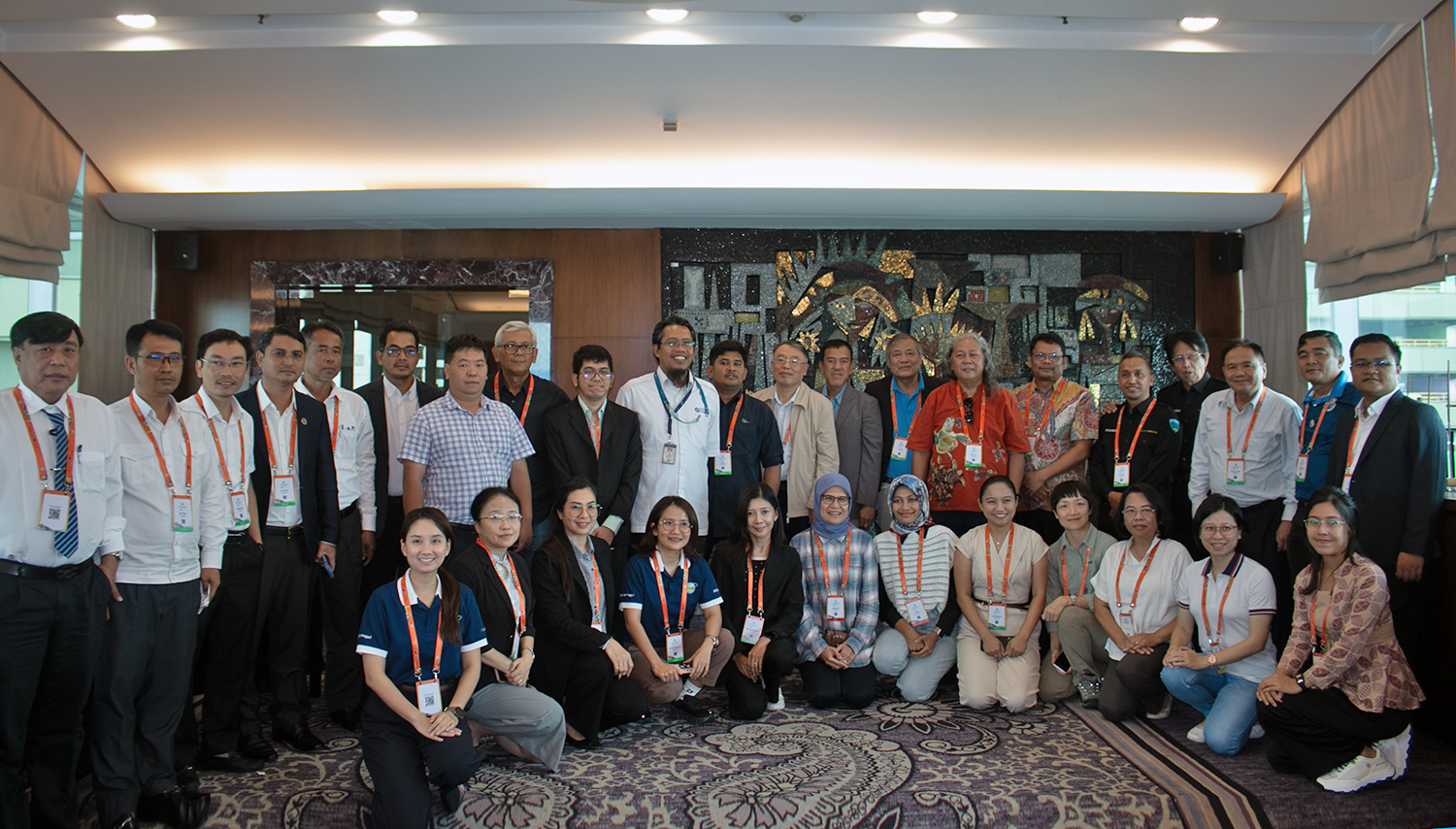The SCS SAP's work on regional cooperation focuses on embedding project outcomes within existing regional institutional structures for long-term coordination and governance.
Objective: Facilitate regional and national integration and cooperation to sustain management reforms and institutionalize project outcomes.
Core focus areas:
-
Institutional home: Formally endorsing the Coordinating Body on the Seas of East Asia (COBSEA) as the most suitable long-term entity to assume the role of coordinating SAP implementation beyond the GEF project lifecycle. This includes supporting the COBSEA Task Force on institutional strengthening of COBSEA
-
Knowledge transfer: Ensuring the effective transfer of project tools, knowledge products (SEA:STARS, SEA:LEARN, SEA:PUFFER), and results to COBSEA.
-
Science-policy bridge: Operating the Regional Scientific and Technical Committee (RSTC) and convening Regional Scientific Conferences to integrate science with policy-making.
-
Local-to-cabinet: Operating Mayors' Round-table meetings to facilitate the exchange of best practices between local officials and scientists.
-
Regional Collaboration: Establishing the East Asian Seas Regional Collaborative Network of MPAs (EAS Network), together with 8 other regional organizations and initiatives, towards coordinated and strategic support in marine and coastal management, particularly towards 30x30 of the Kunming-Montreal Global Biodiversity Framework
Current progress: The Third PSC Meeting has endorsed, in principle, project sustainability through COBSEA. Dialogue is strong, and the project is working to integrate its outputs into COBSEA's review process for ratification at the 2026 IGM. The PSC also agreed to an extension to enable the successful completion of the project and ensure long-term sustainability of its outcomes. The PSC further approved merging the remaining Fisheries Refugia project funds with the SCS SAP project budget to ensure integration and synergies of the two projects. The EAS Network was launched at the Third UN Ocean Conference, with current activities ongoing including regional MPA mapping exercise supported by the SCS-SAP.










